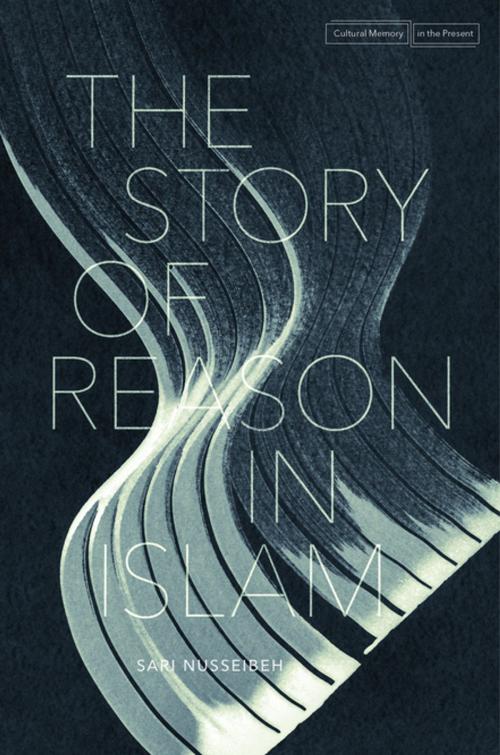| Author: | Sari Nusseibeh | ISBN: | 9781503600584 |
| Publisher: | Stanford University Press | Publication: | November 9, 2016 |
| Imprint: | Stanford University Press | Language: | English |
| Author: | Sari Nusseibeh |
| ISBN: | 9781503600584 |
| Publisher: | Stanford University Press |
| Publication: | November 9, 2016 |
| Imprint: | Stanford University Press |
| Language: | English |
In The Story of Reason in Islam, leading public intellectual and political activist Sari Nusseibeh narrates a sweeping intellectual history—a quest for knowledge inspired by the Qu'ran and its language, a quest that employed Reason in the service of Faith. Eschewing the conventional separation of Faith and Reason, he takes a fresh look at why and how Islamic reasoning evolved over time. He surveys the different Islamic schools of thought and how they dealt with major philosophical issues, showing that Reason pervaded all disciplines, from philosophy and science to language, poetry, and law. Along the way, the best known Muslim philosophers are introduced in a new light. Countering received chronologies, in this story Reason reaches its zenith in the early seventeenth century; it then trails off, its demise as sudden as its appearance. Thereafter, Reason loses out to passive belief, lifeless logic, and a self-contained legalism—in other words, to a less flexible Islam. Nusseibeh's speculations as to why this occurred focus on the fortunes and misfortunes of classical Arabic in the Islamic world. Change, he suggests, may only come from the revivification of language itself.
In The Story of Reason in Islam, leading public intellectual and political activist Sari Nusseibeh narrates a sweeping intellectual history—a quest for knowledge inspired by the Qu'ran and its language, a quest that employed Reason in the service of Faith. Eschewing the conventional separation of Faith and Reason, he takes a fresh look at why and how Islamic reasoning evolved over time. He surveys the different Islamic schools of thought and how they dealt with major philosophical issues, showing that Reason pervaded all disciplines, from philosophy and science to language, poetry, and law. Along the way, the best known Muslim philosophers are introduced in a new light. Countering received chronologies, in this story Reason reaches its zenith in the early seventeenth century; it then trails off, its demise as sudden as its appearance. Thereafter, Reason loses out to passive belief, lifeless logic, and a self-contained legalism—in other words, to a less flexible Islam. Nusseibeh's speculations as to why this occurred focus on the fortunes and misfortunes of classical Arabic in the Islamic world. Change, he suggests, may only come from the revivification of language itself.















